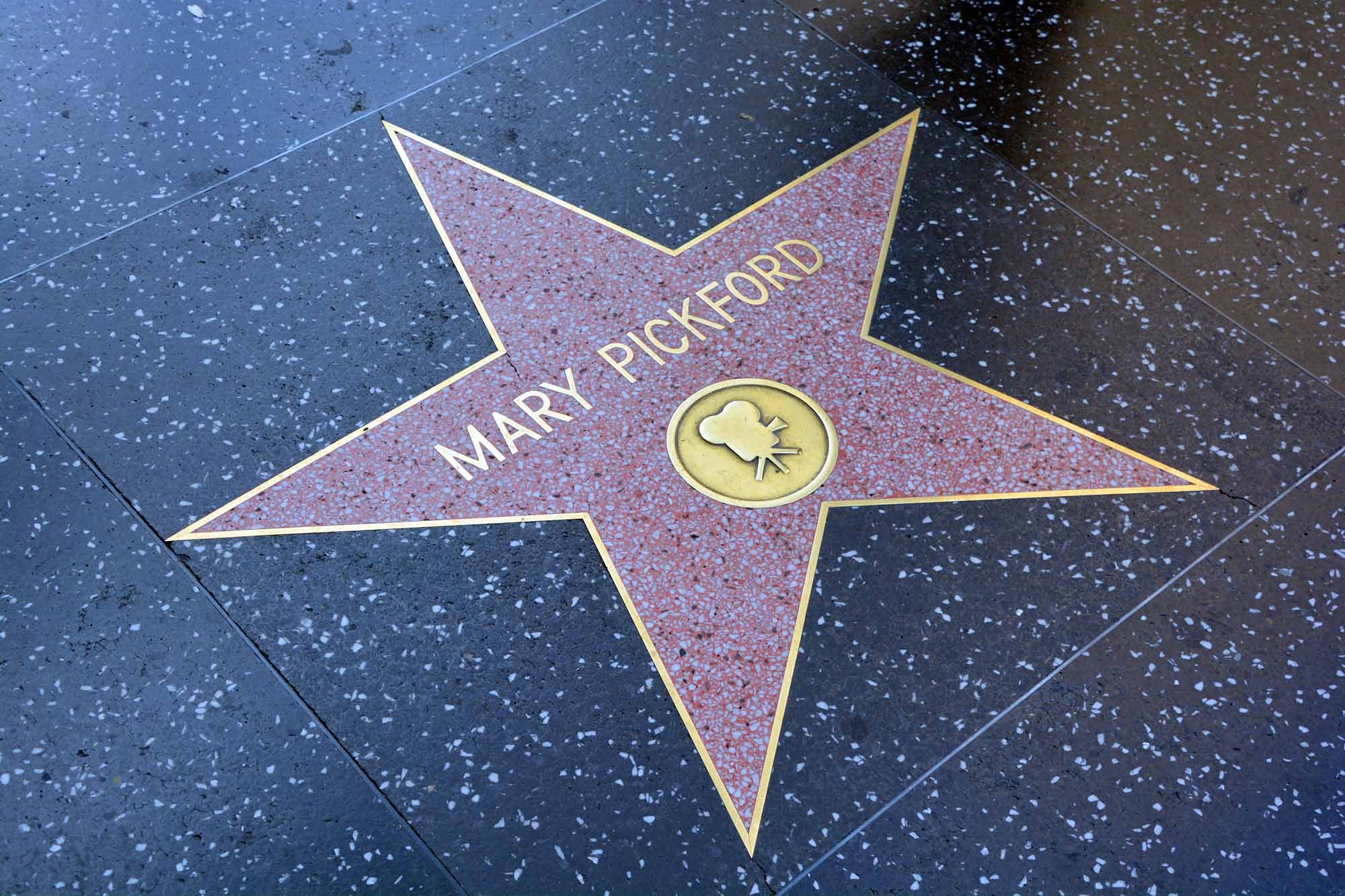Louis Burt Mayer (born Eliezer Mayer), studio executive (born 12 July 1884 in Dymer, Russian Empire [now Ukraine]; died 29 October 1957 in Los Angeles, California). Louis B. Mayer was one of the first Hollywood movie moguls, and arguably the most powerful. After running a successful chain of movie theatres, Mayer founded his own production company in 1917. In 1924, it merged with two other companies to become Metro-Goldwyn-Mayer (MGM). Mayer served as head of MGM until 1951, presiding over the biggest and most prestigious studio of Hollywood’s golden age. He was also instrumental in creating the American Academy of Motion Picture Arts and Sciences, which administers the Academy Awards.

Early Life
Louis B. Mayer's working-class family immigrated to New York when he was a small child, and in 1890 moved to Saint John, New Brunswick, where his father became a junk dealer. As a youth, he helped with the family business. In later years, he liked to recall the crude anti-Semitism he was subjected to while picking through garbage for useful scrap. In 1899, the now-profitable family business modulated into ship salvage, and by 1904 Mayer was travelling through various American cities, selling scrap metal.
Career Highlights
Settling in Boston, Mayer bought a small theatre in 1907 and began showing movies. Later he bought other theatres, and in 1915 he made an enormous profit after securing the regional distribution rights to D.W. Griffith's Birth of a Nation.
By 1917, Louis B. Mayer had formed his own production company. The following year he began operations in Los Angeles with his first film, Virtuous Wives. In 1924, Marcus Loew, who already owned Metro Pictures, bought a controlling interest in the Samuel Goldwyn company and Louis B. Mayer Pictures to form Metro-Goldwyn-Mayer (MGM). Mayer was appointed vice-president and general manager, a position he retained until 1951 when he was forced out in a power struggle with Dore Schary, his former production chief.

Under Louis B. Mayer's leadership, MGM became known as the “Tiffany studio.” It boasted that it had “more stars than there are in the heavens.” Typically, MGM films were wholesome entertainment exalting virtue, patriotism, and family values. The studio specialized in lavish musicals, and Mayer, although uneducated and distrustful of intellectualism, had an unerring understanding of popular taste. He was known to be tyrannical, quick-tempered and paternal. He treated his staff and stars like one big family and insisted on being called Uncle Louie. He was also a founding member and driving force behind the creation in 1927 of the Academy of Motion Picture Arts and Sciences, which is responsible for the annual industry awards that became known as the Oscars. Louis B. Mayer spent the last years of his life in an unsuccessful bid to regain control of the studio he built.

 Share on Facebook
Share on Facebook Share on X
Share on X Share by Email
Share by Email Share on Google Classroom
Share on Google Classroom







